© Abramson Math, 2022
“Knowledge of mathematics is an advantage that can help you everywhere”
Maxim Metlitski
Yakov Abramson’s student
Assistant Professor of Physics at MIT (Massachusetts Institute of Technology)
Maxim Metlitski was Yakov Abramson’s student. He is currently an Assistant Professor of Physics at MIT. He obtained his Ph.D. in Physics from Harvard University.
Maxim graduated from school in Canada, where his family migrated at the end of the 1990s. Before that, he was a multiple prize-winner in math olympiads in Russia and Canada.
Assistant Professor of Physics at MIT (Massachusetts Institute of Technology)
Maxim Metlitski was Yakov Abramson’s student. He is currently an Assistant Professor of Physics at MIT. He obtained his Ph.D. in Physics from Harvard University.
Maxim graduated from school in Canada, where his family migrated at the end of the 1990s. Before that, he was a multiple prize-winner in math olympiads in Russia and Canada.
Maxim was lucky as a child: his grandmother knew and loved mathematics. She subscribed to a popular science magazine “Kvant” and enjoyed solving math problems published in it. Maxim’s mother was also great in mathematics; she used to easily solve problems from math olympiads. One of his close relatives had a Candidate of Sciences in Math degree. It is no wonder that since his childhood, Maxim was on familiar terms with mathematics.
Maxim had been going to an ordinary school for the first year and a half. Then he transferred to a private school “Alef”, where Yakov Abramson was teaching. A creative atmosphere reigned in school: small classes, respect for the student’s personality, and the ability of a teacher to hear their students. Of course, there was no anarchy in the classroom. It was just that discipline was maintained not by shouting or prohibiting things but by respect for the teacher. In Yakov Abramson’s classes, there was also a yearning for new knowledge because he could present the new topic and information in such a way that students saw them as something essential.
Maxim had been going to an ordinary school for the first year and a half. Then he transferred to a private school “Alef”, where Yakov Abramson was teaching. A creative atmosphere reigned in school: small classes, respect for the student’s personality, and the ability of a teacher to hear their students. Of course, there was no anarchy in the classroom. It was just that discipline was maintained not by shouting or prohibiting things but by respect for the teacher. In Yakov Abramson’s classes, there was also a yearning for new knowledge because he could present the new topic and information in such a way that students saw them as something essential.

Maxim Metlitski
— Mathematics is a living and evolving science,” Maxim says, “new subdisciplines are constantly emerging. New theorems are appearing and being proven. I was lucky that my math teacher was Yakov Abramson. I don’t know if my scientific career would have been the same without him, maybe it would, but Yakov Abramson undoubtedly played a significant role in my math education. He is a very impactful figure from my childhood. I cannot call him a strict teacher, although he, of course, was demanding. If I remember correctly, I got an F for some test once. There was this famous problem about ships sailing from Dover to Le Havre. Now when I teach, I do not like to give an F, but sometimes you have to. The grade is for justice and not for punishment.
The early 1990s, for many teachers in Russia, became the time when they had to search for new teaching methods. Yakov Abramson was different from many of his colleagues in that he was really invested in the process of creating new teaching methods and his ability to engage students in a quite difficult school subject. In the classroom, they were solving problems from math olympiads and studying some parts of advanced algebra. Yakov Abramson was able to explain abstract concepts in a simple way.

Maxim Metlitski
— Yakov Abramson was teaching us math using abstract concepts just like at the university: matrices, permutations, elements of group theory. But he did it in an easy-to-understand way and made every new topic interesting to us,” remembers Maxim. “It helped us develop abstract thinking; his lessons were interesting for me. But I was really able to appreciate Yakov Abramson as a teacher when I had to transfer to another school due to several reasons, and their lessons consisted mostly of the drills. For example, we solved forty similar problems in a row just to get the hang of it. There was significant stress on honing some technical skills. In that school, they paid great attention to discipline and grades. Students were incredibly worried about getting bad grades. In Yakov Abramson’s classes, there was never any drill or cramming. He explained everything and welcomed non-standard solutions.
It is commonplace in pedagogics that children have visual thinking. This is why in primary school, they don’t usually teach children abstract concepts that Maxim mentioned. And when these concepts appear in middle school, they are given in the form of rote learning and cramming. The secret of Abramson Math is that it accounts for children’s psychological capabilities in information perception. Knowing them, Yakov Abramson designed a course in which abstract concepts are presented clearly and in interesting way. It helps children to develop their imagination and mathematical thinking as a result of understanding the algorithms instead of memorizing them.

Maxim Metlitski
— I had several favorite teachers at “Alef” school,” Maxim continues, “and Yakov Abramson was undoubtedly one of them. I am very grateful to him. For four and a half years, I had been his student, and when I left for another school, I kept in touch with him because he was an important person in my life. He used to give me printouts with unusual problems, and I solved them on my own. I think he doesn’t have “ex” students. The last time I met him in Boston, he was on business there, and I was a Ph.D. student. We were walking around Boston and simply talking. I have really fond memories of that meeting. Yakov Abramson is a person committed to mathematics, he loves his job and his students, and that is the most important thing about him. I hope to become one day such a teacher for my students.
Future involvement with mathematics greatly depends on whether one’s family encourages curiosity in exact sciences. But families do not always have this resource, especially if parents themselves are not really good with math.
This situation can improve if a child finds not just a math teacher but the Teacher, with a capital T, who would take their hand and lead them to the great world of numbers, formulas, algorithms, and theorems. With such a Teacher, a child will not get lost in this abstract world and will learn to create something new there. Yakov Abramson has already introduced many children into the exciting world of complex science — mathematics. And he continues to do so.
This situation can improve if a child finds not just a math teacher but the Teacher, with a capital T, who would take their hand and lead them to the great world of numbers, formulas, algorithms, and theorems. With such a Teacher, a child will not get lost in this abstract world and will learn to create something new there. Yakov Abramson has already introduced many children into the exciting world of complex science — mathematics. And he continues to do so.



